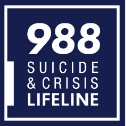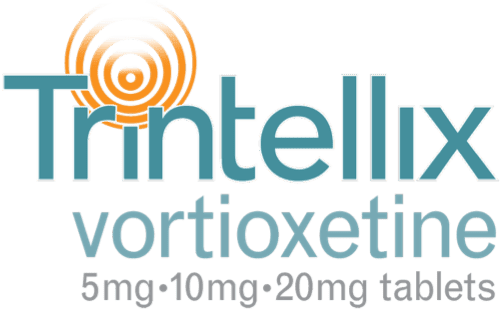
Additional resources
Patient portrayal.
Individual results may vary.
TRINTELLIX® (vortioxetine) is a prescription medicine used in adults to treat a certain type of depression called Major Depressive Disorder (MDD). TRINTELLIX has not been shown to be safe and effective for use in children.
Personalized resources for your MDD journey.
This symptom checklist can help identify the symptoms of a certain type of depression called Major Depressive Disorder (MDD). If you’re experiencing symptoms of MDD, this checklist may make it easier to talk about them with your doctor.
Please contact your healthcare provider immediately if you are feeling suicidal, or contact the by calling or texting 988.
Doctor discussion guide
Better communication may lead to finding the treatment that's right for you. This discussion guide can help you capture what you’re feeling and serve as a guide for an open and honest conversation with your doctor about your treatment needs.
Please contact your healthcare provider immediately if you are feeling suicidal, or contact the by calling or texting 988.
Medication reminder
Keep track of your TRINTELLIX treatment by setting up custom reminders to take your medication and get your refills.
Downloadable resources
Patient brochure
Have you been diagnosed with MDD? Would you like to know more about
TRINTELLIX (vortioxetine)? The information in this brochure could help as you discuss
MDD treatment options with your doctor.
If your doctor has prescribed TRINTELLIX to help treat your MDD, this brochure contains helpful information you may be looking for as you get started on your treatment journey.
Content includes:
- MDD symptom checklist
- Study information
- Side effects and Important Safety Information
- What to expect
Download the patient brochure
Tips for your telehealth visit
Having an open, honest conversation online or over the phone can be challenging, so we’ve put together some tips that may help your telehealth visit go more smoothly.
Download the telehealth guide PDF
tAccess Savings and
Support Program
Looking for savings information and personalized support? This is the place to start. Check out this guide for information on how to join our savings and support program. Only commercially insured patients are eligible for the TRINTELLIX Savings Card. Restrictions apply.
Download the tAccess brochure
Additional resources

988 Suicide & Crisis Lifeline
The 988 Suicide & Crisis Lifeline is a national network of local crisis centers that provides free and confidential emotional support to people in suicidal crisis or emotional distress 24 hours a day, 7 days a week in the United States.
Contact your healthcare provider immediately if you are feeling suicidal, or contact the by calling or texting 988.
Join tAccess
By enrolling in tAccess (at no cost to you), you can customize your experience through support tools like chats with an advisor, texts and emails.
Need help affording your prescription?
Visit Takeda Help At Hand to learn more.

